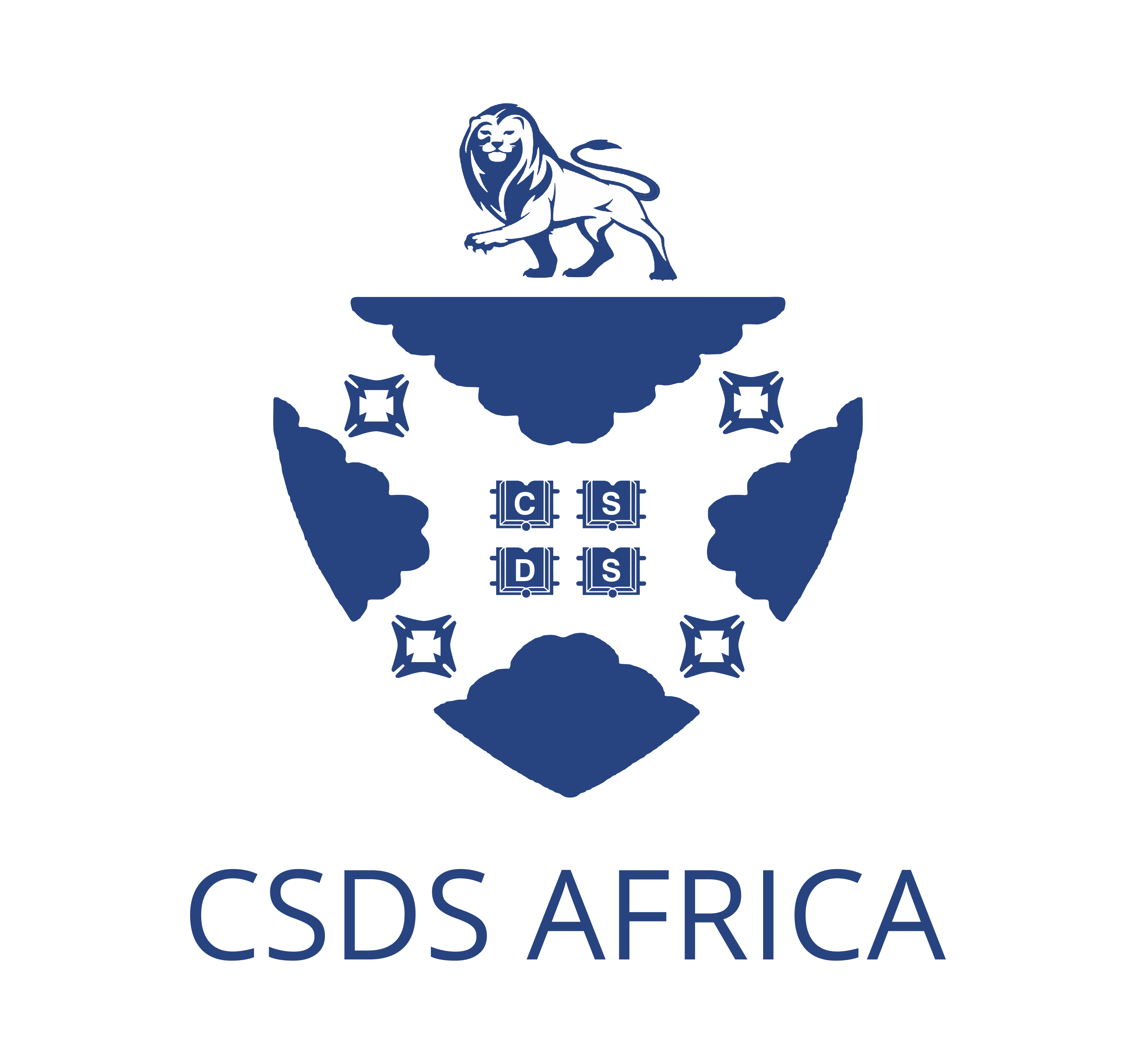OIL&GAS LAW
PETRO-STATES IN WEST AFRICA; THE CASE FOR A RIGHTS-BASED MODEL TO OIL & GAS DEVELOPMENT IN GHANA AND NIGERIA
In a report to the UN General Assembly in June 2000, the High Commissioner for Human Rights indicated that a rights-based approach offered a more effective, sustainable and rational model for realizing development and human rights. The approach can help modify West Africa’s development approaches, especially in my view with regard to the environmental and human rights problems associated with offshore petroleum development.
REVISTING RADON JENIK: COULD FOREIGN OIL COMPANIES OPERATING IN AFRICA BE RECEIVING PUBLIC SUBSIDIES?
There is an emerging view that inadequate domestic environmental legislation could imply that oil companies are receiving public subsidies. Jenik (2008) argues that to the extent that health and environmental costs are not fully borne by oil companies, such companies are effectively receiving public subsidies.
THE LEGAL AND INSTITUTIONAL FRAMEWORK FOR ADMINISTERING OFFSHORE PETROLEUM RESOURCES IN GHANA
The Ghanaian model for administering the offshore petroleum sector relies on four governmental bodies – a government Ministry, the Ministry of Energy (MoE) which sets energy policy; a national oil company (NOC), the Ghana National Petroleum Corporation (GNPC), which engages in commercial operations for petroleum; the Ghana Maritime Authority (GMA) which provides maritime oversight and regulation and the Environmental Protection Agency (EPA), the country’s environmental regulator.

